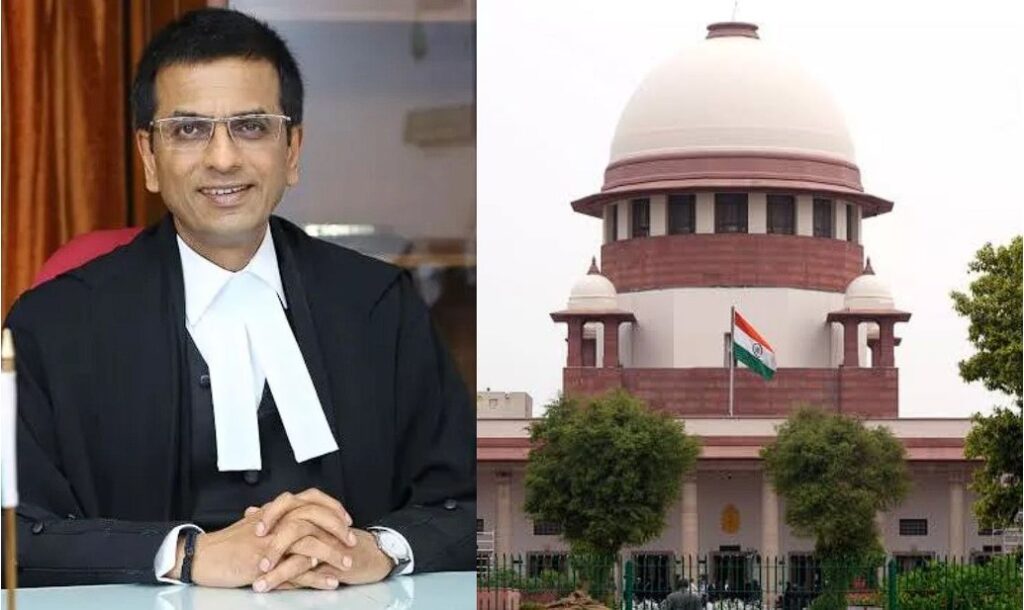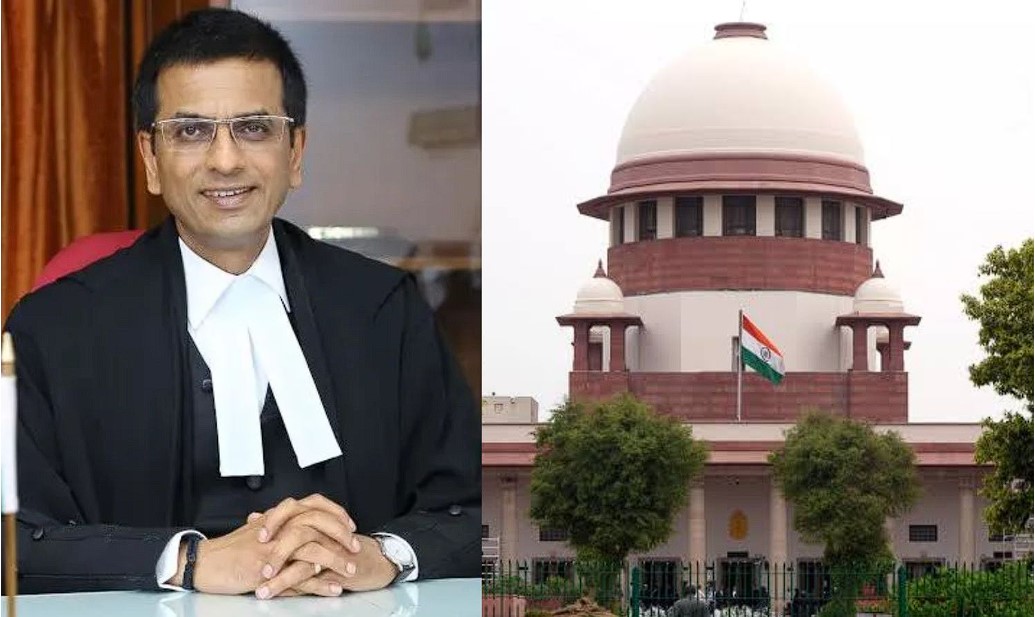The Supreme Court rejected a petition for postponement of the latest Telangana State Civil Services Examination Group-1 scheduled for October 21. The Court pointed out its worries that interfering at this time would create chaos and disorder for thousands of hopefuls.
The petitioners in the case postulated regarding people having trouble in attending the places having MP exams held because of rained caused issues for many in the state. However, the Court also stressed out the fact that the State government has taken measures to assure the security and comfort of the candidates, such as alternate arrangements for people who have been reached by unfavorably weather conditions.

Ref. URL: https://hyderabadmail.com/wp-content/uploads/2024/10/Untitled-design-2024-10-21T134457.996.jpg
The attempting group consisting of chief justice D.Y. Chandrachud, justices J.B. Pardiwala, and Manoj Misra were in favor of the petitioner but would not meddle in the time frame already set for the examinations. The petitioners had argued that the heavy rainfall in the state had adversely affected the preparation and travel arrangements of many candidates, particularly those from rural areas.
But the Court stressed that rescheduling the date of the exam at this time would result in unnecessary ly and an inconvenience to a large number of the candidates who were well prepared and were set to take the test. Additionally, the Court mentioned that the State government had already implemented measures to address this issue such as making alternative plans for candidates who suffered from the harsh weather conditions.
The relations have not been the same after the Supreme Court Sahak Jain and Another v. Atal K. Rajiv has ruled. Inasmuch some of them where there has been such disappointment. Others have praised the decision but heard the complaints about the notice given to candidates before changing the dates.
This decision of the Court also strongly reemphasises the importance of fairness as it pertains to all the candidates and problem solving to the factors outside the normal situation. This also shows the importance of good planning to deal with such circumstances in future.
However, in the future, it waits to be seen if this decision would have any effect in the manner of securing the conduct of other examinations in the wake of acts of nature or other occurrences. Although the Court’s criticism against its own decision in the present case was made in the context and facts of the particular case there are important issues about how to provide all candidates with fairness and how to deal with a last minute snag which is not anticipated. Given the fact that global warming leads to climate instability and greater instances of natural disasters, proper emergency preparedness can be developed in order to assist in the effective administration of the examinations under inactive circumstances.

